
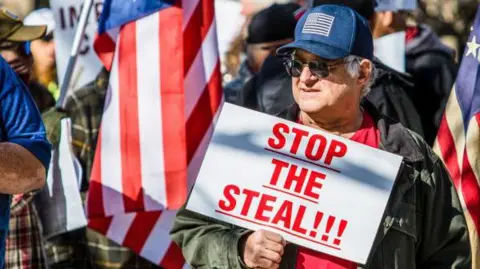 Getty Images
Getty Images
Rumours, misleading allegations and outright lies about voting and fraud are flooding online spaces in unprecedented numbers in advance of the US election.
Hundreds of incidents involving purported voting irregularities are being collected and spread by individuals, as well as both independent and Republican-affiliated groups. A small number of posts are also coming from Democrats.
The whirlwind of claims spreading online poses a challenge to election officials who are having to debunk rumours and reassure voters, while preparing to administer election day on Tuesday.
In nearly every case, the posts support the Trump campaign’s false claim that the former president won the 2020 election and suggestions that he will potentially be cheated out of victory again on 5 November.
When asked whether he will accept the 2024 election result, Donald Trump said during the presidential debate in September that he would if it was a "fair and legal and good election".
A majority of Americans - 70% - expect him to reject the result if he loses, according to a CNN/SSRS poll released Monday.
Just this week, Trump himself claimed widespread fraud in a key swing state.
“Pennsylvania is cheating, and getting caught, at large scale levels rarely seen before,” Trump posted on his Truth Social network. “REPORT CHEATING TO AUTHORITIES. Law Enforcement must act, NOW!”
The allegation followed officials in three Pennsylvania counties saying they were working with local law enforcement to investigate some voter registration applications for potential fraud.
While Trump and allies seized on the announcements, the state's top election official, Republican Al Schmidt, has urged caution and warned voters to be aware of "half-truths" and disinformation circulating on social media.
“This is a sign that the built-in safeguards in our voter registration process are working,” he said.
Flood of misleading content
The BBC has seen hundreds of allegations of election fraud online, on social networks and on message boards and in chat groups. Some of these posts have been viewed millions of times each.
The posts have implied it's easy for non-citizens to vote, made false claims about voting machines and sowed distrust in the ballot-counting process.
One video claimed to show recently-arrived Haitians voting in Georgia.
The BBC has found clear indications, including false addresses and stock photos, which indicate the video is a fake. On Friday US security officials said it was made by "Russian influence actors".
Another person on X claiming they were Canadian posted a picture of a ballot and said: “Figured I would drive across the border and vote."
It, too, is a fake, and part of an effort co-ordinated on the fringe message board 4chan. The ballot shown is from Florida, a state that requires identification to vote in person and is about a 20-hour drive from the Canadian border.
Meanwhile in Northhampton County, Pennsylvania, a video was posted on X showing a man dropping off a container of ballots at a courthouse, alleging suspicious activity. It turned out he was a postal worker delivering mail-in ballots, but the video was seen more than five million times.
Echoes of 2020
Experts worry the burst of misinformation just before election day could undermine people's trust in the results - or lead to threats and violence in the lead-up to the election and beyond.
It's happened before.
In the hours and days that followed the 2020 presidential election, while votes were still being counted, then-President Trump turned to social media to allege fraud and falsely claim that he was the real winner of the election. "Stop the steal" became a slogan of his supporters' movement to overturn the results.
On social media, chatrooms and during street protests, conspiracy theorists alleged widespread voter fraud, culminating with a riot at the US Capitol on 6 January 2021.
Meanwhile, in battleground states like Georgia, election officials - civil servants whose job it is to oversee the election - faced death threats.
While false claims about voting ramped up after the 2020 vote, groups that monitor this kind of activity say this year it has started well before election day.
Wendy Via, founder of the Global Project Against Hate and Extremism (GPAHE), said some far-right and right-wing activists “are preparing themselves for the election to be stolen in a way they weren’t in 2020”.
“We cannot overstate the role of conspiracy theories in all of this,” she said.
These doubts have already reached Trump supporters on the ground. At a rally this week in Wisconsin, another key swing state, a number of people said they believed only illegal activity would prevent the Republican nominee from winning.
“I feel very confident about Trump, as long as there’s no cheating,” said Brad Miller of Green Bay, who mentioned that he’d already heard rumours about fraud. “Our only hope is that it’s not big enough to change the result.”
After the 2020 election, dozens of court cases alleging election fraud were lodged by Trump's team across multiple states, but none succeeded.
Isolated fraud incidents blown out of proportion
Experts say that isolated incidents of ballot fraud and administrative errors always happen in US presidential elections, which run across all 50 states and in 2020 involved more than 150 million voters.
But real incidents are now being catalogued and shared online to an unprecedented degree and being used, alongside fake posts, as evidence of widespread cheating.
In southern California, dozens of ballots were found in a storm drain. Despite the unknown circumstances around the event, online partisans immediately suspected deliberate fraud.
“They WILL cheat,” says one of the thousands of comments posted.
BBC Verify examines claims of US voter fraud
As cases have cropped up in recent days - including those in Pennsylvania and a Chinese student being charged with illegally voting in Michigan - authorities have repeatedly pointed to their investigations as examples of the robustness of election safeguards.
But those who believe conspiracy theories about widespread fraud see these incidents as evidence of a co-ordinated plan by Democrats to “rig” the election.
“Look at this new cheat voter fraud,” read one typical comment responding to the news from Pennsylvania. “Dems already doing their best to steal another election.”
The overall effect can have a disastrous impact on trust in democracy, experts say.
“These incidents are catnip for those who seek to undermine confidence in the election result,” said Luis Lozada, chief executive of Democracy Works, a not-for-profit group that distributes information about voting.


Groups behind the deluge
The mass of election fraud claims spreading on social media have been aided by a network of groups that crowdsource allegations.
Groups like Texas-based True The Vote, founded in 2009, have long been on the forefront of questioning election security.
On an app developed by True the Vote called VoteAlert, supporters post examples of alleged election irregularities.
They have collected a wide range of claims, from minor security oversights to allegations of deliberate vote tampering. The organisation also has people monitoring live-streamed cameras that have been pointed on ballot drop boxes in a number of states. Many local officials have repeatedly outlined the steps they have taken to make the boxes secure.
“Our hope is we see exactly nothing at these drop boxes,” said True the Vote founder Catherine Engelbrecht during one of her recent regular online meetings for supporters.
But she also hinted that Democratic-aligned groups were aiming to commit election fraud on a vast scale.
“If they want to try to pull the kinds of things that we saw being pulled in 2020, they’re highly unlikely to get away with it because we have, literally, eyes everywhere,” she added.
The BBC contacted True the Vote for comment.
A number of other groups are asking supporters to report alleged irregularities.
Elon Musk’s America political action committee has started a community – akin to a message board – on X, filled with rumours and allegations about voting. With 50,000 members, several posts go up every minute, almost around the clock.
Other efforts include the Election Integrity Network, a group founded by a former Trump lawyer who is challenging voter registrations and recruiting poll watchers – partisan observers who attend polling places.
The volume of messages on these platforms – along with the vagueness of some of the claims, with often anonymous sources – makes it nearly impossible to verify each allegation.
The groups, and the Trump campaign, say that these efforts are solely meant to ensure the integrity of the vote. The BBC contacted the Trump campaign for comment.

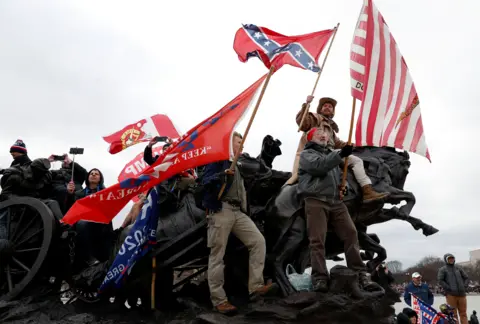 EPA
EPA
Experts say the same rumours and false allegations about widespread fraud that inspired the riot at the US Capitol on 6 January 2021 are resurfacing in advance of this year's election
Bad information will continue to spread
The effect of this is unpredictable.
The Department of Homeland Security, in a memo reported on by US outlets including the BBC’s partner CBS, said on Monday that election conspiracy theories could spark action by domestic extremists.
And observers expect the wave of misinformation to continue well beyond election day. Polls suggest the election will be among the closest in modern US history. It may take days to count all the votes and determine the winner.
Luis Lozada of Democracy Works says the election is being conducted in an “ecosystem of distrust”.
But despite the doubts being sown, he says, “accurate information is getting out there".
“Election officials work very hard to ensure that elections are run properly, as they were in 2020,” Mr Lozada said. “That’s not going to stop folks from taking anecdotes, and trying to punch holes.”
With reporting by BBC Verify

 2 months ago
30
2 months ago
30
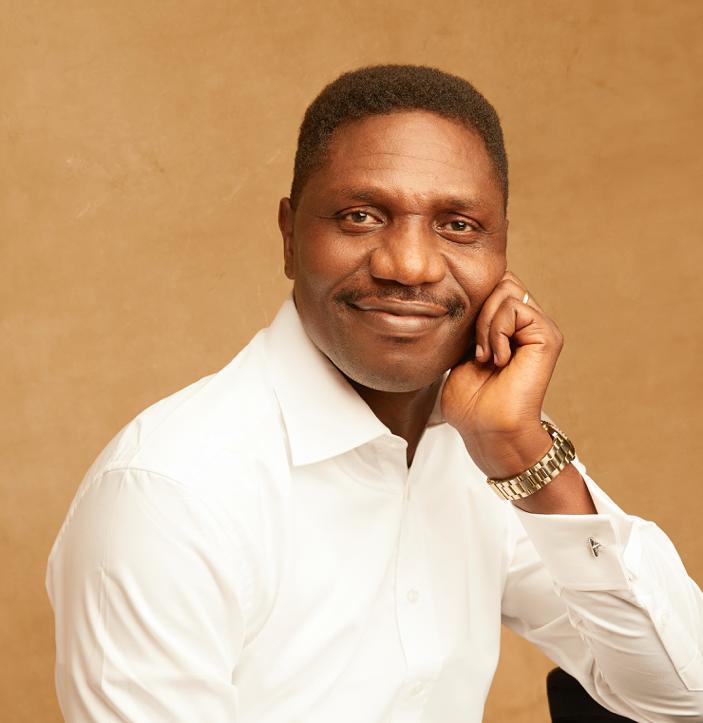


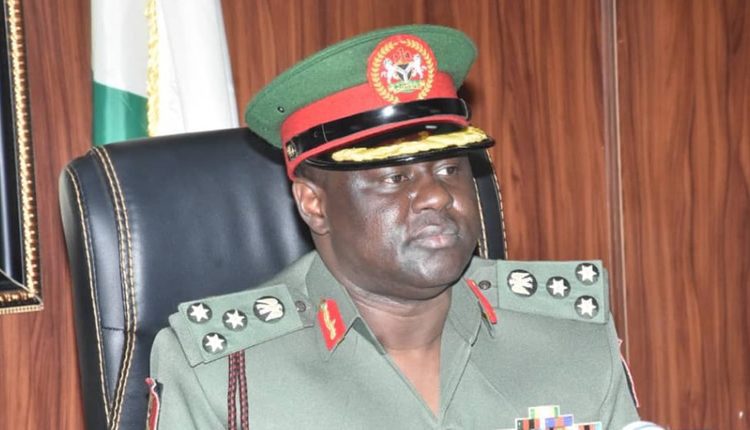

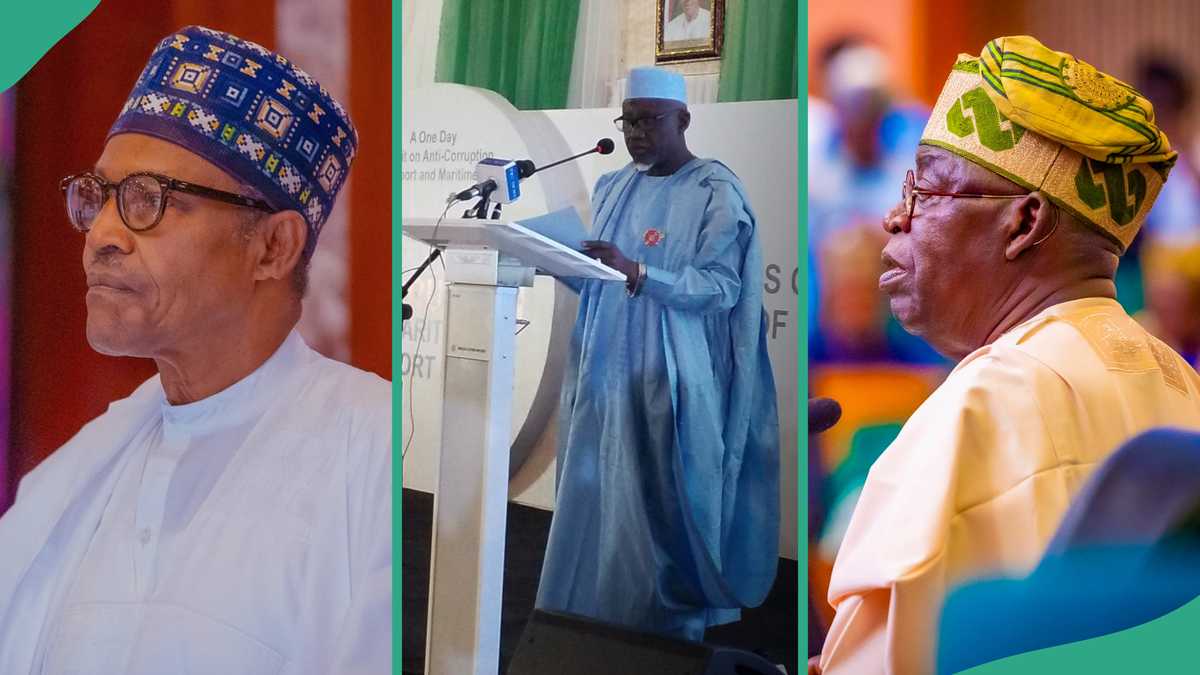




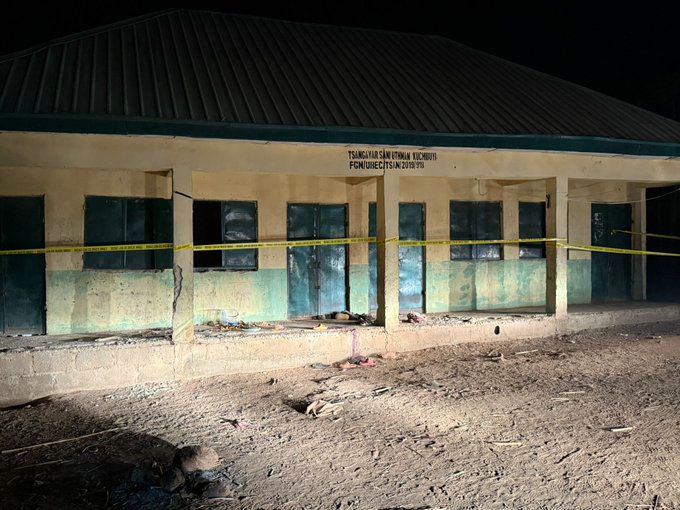



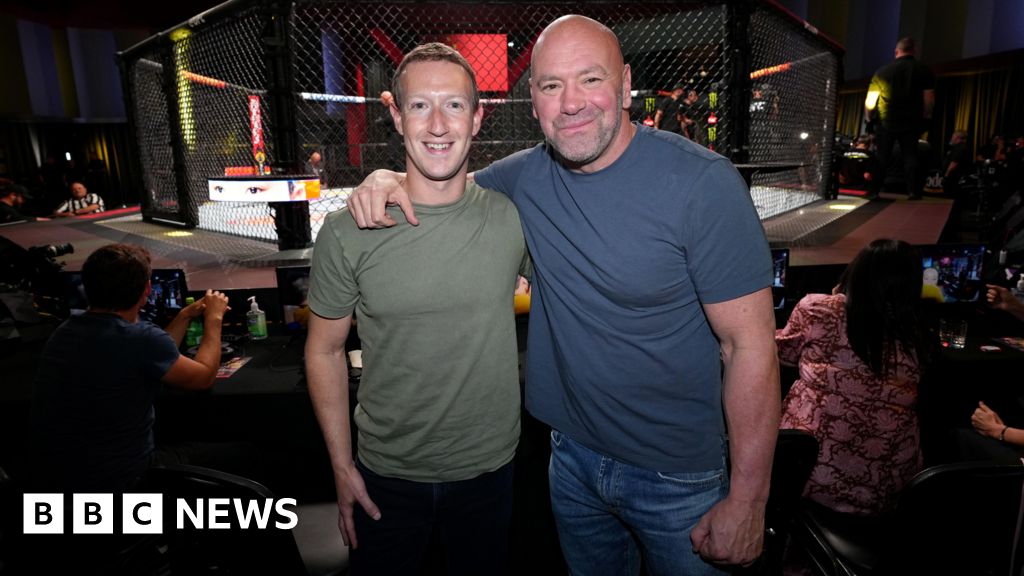
 English (US) ·
English (US) ·